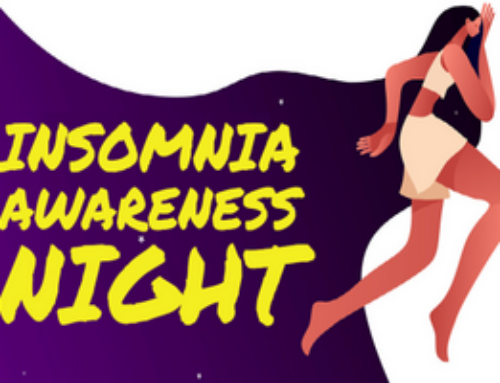I enjoy talking – in the grocery store, on the internet, with my friends, and even when no one is listening. So when I first learned I was talking out loud in my sleep, I wasn’t surprised at all. It was at summer camp, and I awoke one morning to my cabin-mates giggling at me.
“You were singing and talking in your sleep last night,” they said gleefully. I was immediately embarrassed and afraid of what I may have said. Luckily it wasn’t anything too mortifying. The only understandable phrase I said was, “Time to feed the penguins!”
My story isn’t anything special, because most sleep talkers are rarely aware of their behavior unless it’s reported by someone sleeping in the same room. While usually harmless, frequent or loud sleep talking can keep others from getting a good night’s sleep. Loud sleep talking or shouting also can be a sign of REM sleep behavior disorder.
It is unknown whether sleep talking is related to dreams, and I certainly don’t remember dreaming about hungry penguins that night. Sometimes a sleep talker will be hard to understand or won’t use complete words.
Sleep talking is common. More than 50 percent of children are reported to talk in their sleep, compared to 5 percent of adults. As I’ve gotten older, friends have commented less about my sleep talking, so I assume it’s becoming more infrequent for me.
I’ve found that eating right before bed makes it more likely that I will talk in my sleep, but there’s no surefire way to prevent sleep talking. Here’s hoping that my future roommates won’t mind the occasional song or nonsensical statement during the night!





